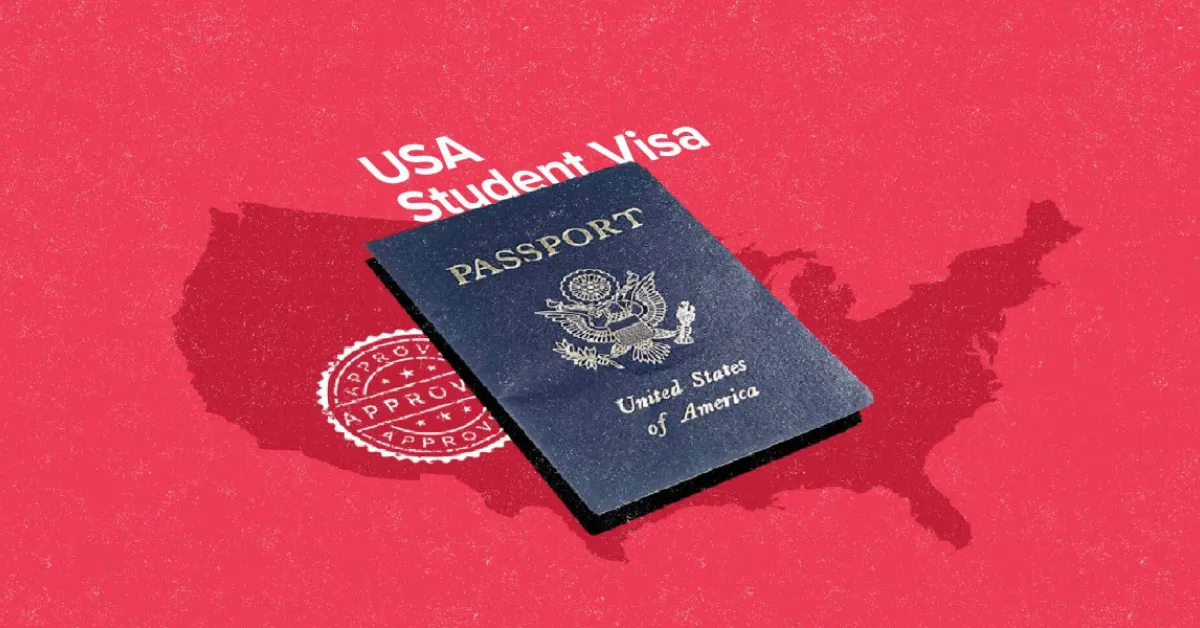F-1 Students Left in Limbo as US Develops New SEVIS Termination Guidelines

The US government is undertaking a comprehensive overhaul of its policies regarding the termination of Student and Exchange Visitor Information System (SEVIS) records for international students.
This is in response to mounting legal challenges and widespread concerns over abrupt visa cancellations. The Department of Homeland Security (DHS), in conjunction with Immigration and Customs Enforcement (ICE), is developing new guidelines aimed at enhancing transparency and accountability in the management of international student records. The move follows a period of intense scrutiny of SEVIS, a critical database used to monitor compliance with visa conditions for F-1 and M-1 students. Recent reports of wrongful visa terminations have sparked national concern, leading to intervention from federal courts.
The catalyst for the policy revision came last week when a federal judge in Georgia issued Temporary Restraining Orders (TROs) mandating the reinstatement of SEVIS records for 133 students. These students argued that their visa status had been unjustly terminated, often based on findings from the FBI National Crime Information Centre (NCIC) that led to law enforcement checks without resulting in criminal convictions or charges. This sweeping judicial intervention underscore systemic issues in the administration of SEVIS records. Students reported feelings of panic and confusion after their records were terminated, exacerbated by inadequate communication from authorities.
In response, DHS attorneys informed a federal court in California of their intent to reverse recent SEVIS terminations and implement interim protections. According to a government statement, ICE is developing a policy framework to govern the termination of SEVIS records. The statement assures that no actions will be taken solely on NCIC findings until the new guidelines are finalised. Brian Green, an attorney representing one of the plaintiffs, confirmed that the protections would extend beyond litigants to encompass all affected students. This assurance has provided temporary relief to the international student community, quelling fears of deportation and offering a semblance of stability.
The visa cancellations represent a significant disruption, with at least 1,220 students across 187 academic institutions affected since late March, according to court documents and university statements reviewed by the Associated Press. Some students fled the country or ceased attending classes, while others faced the harsh reality of living in hiding to avoid deportation. University administrators, meanwhile, grappled with the fallout, often discovering these terminations during routine checks of the SEVIS database.
The abrupt closures of student records appear to have stemmed from directives issued after a public announcement that visas for individuals acting against national interests would be revoked. Among the targeted groups were protesters opposing actions, as well as individuals with criminal charges. However, many students whose visas were revoked did not fall into these categories, expressing frustration over perceived negligence in individual case evaluations. Immigration experts have pointed to systemic flaws exacerbated by the government’s reliance on automated processes.
Sheela Murthy, president of Murthy Law Firm, describes the mass terminations as arbitrary, suggesting the use of artificial intelligence to revoke visas en masse without due diligence. Murthy emphasizes that many students had no criminal records or had seen charges against them dismissed, underscoring the lack of proper review as a violation of due process. Had the visa revocations persisted unchecked, affected students would have faced dire consequences, including deportation, interrupted educational pursuits, and long-term visa challenges in over 100 countries.
The financial and emotional toll on families who invested years and significant resources into the students’ US education would have been profound. Murthy notes that families could have lost hundreds of thousands of dollars due to erroneous record terminations. The temporary reinstatement of SEVIS records has offered a lifeline to students, enabling them to resume their studies and pursue opportunities such as Optional Practical Training (OPT) and STEM OPT extensions. Mamta Shekhawat, founder of the study-abroad platform Gradding.com, hails the reinstatement as a vital relief for students grappling with uncertainty.
However, Shekhawat warns that vigilance remains crucial to safeguarding visa status, advising students to consult their Designated School Officials (DSOs) regularly and adhere to proper procedures for course or institution changes. Despite the progress, the legal status of these reinstatements remains provisional. Legal experts, including Anna Stepanova of Murthy Law Firm, clarify that TROs are temporary measures until a final judicial order is issued. This leaves unresolved questions about students’ ability to change visa status or pursue long-term residency in the United States.














Add new comment